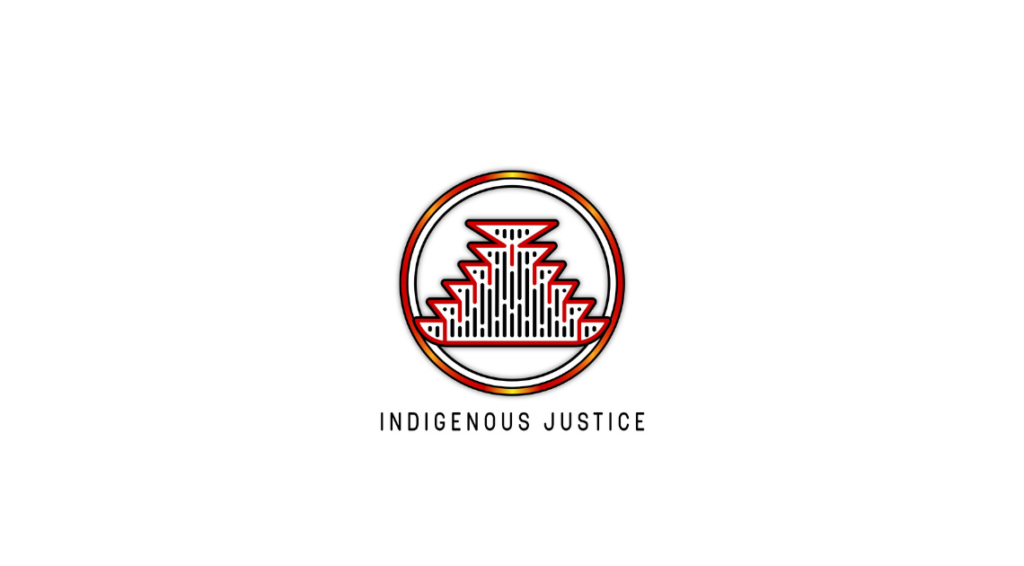News and Announcements
Indigenous Justice Receives Smart Justice Spark Grant to Expand Decarceration Efforts
Published Date
- April 3, 2025

The Michelson 20MM Foundation awarded Indigenous Justice a Smart Justice Spark Grant. Indigenous Justice seeks to end the centuries-long cycle of incarceration for Indigenous people. They also address the trauma of the boarding school-to-prison pipeline. Indigenous Justice is committed to raising awareness and advancing decarceration while promoting Indigenous rights and community healing. “The Michelson 20MM Foundation is proud to support Indigenous Justice and their innovative Returning Relatives program,” Kenia Miranda Verdugo, Smart Justice Program Manager shared. “By blending traditional Indigenous practices with modern reintegration strategies, this program offers a unique solution to the systemic challenges facing Native communities and provides a pathway for healing and decarceration.”
Why Now? The Importance of Serving Native Communities
As the California Department of Corrections and Rehabilitation’s (CDCR) continues to experience budget cuts, Tribal leaders anticipate more community members will be released in the coming years. This de-investment in carceral practices simultaneously emphasizes the need to ensure formerly incarcerated individuals can successfully reintegrate into their tribes.
Additionally, Indigenous Justice’s approach acknowledges the history of forced assimilation through boarding schools. Dating back to the late 19th century, indigenous people were often placed in boarding schools to assimilate with Eurocentric values and culture. While they were stripped of their Tribal values and practices, many indigenous children suffered significant trauma in the boarding schools. The struggles to re-join their communities as they returned home from school and continued marginalization in society are linked to the overrepresentation of Indigenous people in prisons. Indigenous Justice recognizes that restorative efforts must address these generational wounds while supporting community healing.
Innovative Solutions for Decarceration in Tribal Communities
The Returning Relatives program blends traditional Indigenous cultural practices with modern reentry support services to break the cycle of incarceration. The program integrates ancestral knowledge with contemporary strategies. It provides a holistic solution to the systemic challenges facing Native communities.
Returning Relatives differs from traditional reentry programs. It involves the entire family in healing-centered, culturally rooted care. This inside-out approach helps participants reconnect with their cultural roots while addressing key issues such as recidivism, reentry barriers, and systemic inequities.
Key elements of the program include family cultural camps, mentorship from Indigenous leaders, and long-term reintegration support. These components help participants heal from intergenerational trauma, foster resilience, and strengthen community ties. They create a transformative pathway for individuals and communities to break cycles of harm and reduce incarceration rates.
Scalability and Impact
Indigenous Justice designed the Returning Relatives program to be adaptable and scalable, with the potential to serve Indigenous communities across various regions. Through partnerships with local tribal leaders and community organizers, the program ensures that decarceration is grounded in Indigenous knowledge and community-driven solutions. It also offers a replicable model that can be expanded to other Native American communities facing similar challenges.
In 2025, Indigenous Justice expects Returning Relatives will impact 60-100 individuals and their families, with the goal of supporting the return of 10-15 incarcerated relatives to their communities. To maximize the impact, they will work with Native American Spiritual Leaders of California (NASLOC), Pit River Tribe, and Native Sisters Circle, Native Dads Network, and the California Department of Corrections and Rehabilitation. With the Smart Justice Spark Grant, Indigenous Justice will expand the program. They will reach tribal and intertribal communities across the State To implement broader decarceration efforts.
A Model for National Reform
“As we look to the future, the need for culturally rooted decarceration solutions has never been more critical,” Kenia said. “The Returning Relatives program not only helps reduce recidivism but also empowers Native communities to break the cycles of incarceration and trauma.”
The program offers a culturally specific reentry model that addresses the unique challenges faced by Native American individuals. By prioritizing alternatives to incarceration rooted in cultural practices, the program challenges traditional reentry models and sets a new standard for justice reform. It not only focuses on reducing recidivism but also addresses the root causes of mass incarceration through community healing and cultural empowerment.
Additionally, Returning Relatives influences public policy by training Indigenous leaders to advocate for systemic changes at local, state, and national levels. Its success contributes to the national conversation about ending mass incarceration for Indigenous and marginalized communities. It sets a precedent for justice reforms rooted in healing, cultural practices, and community-driven approaches.
Through its innovative, holistic approach, the Returning Relatives program offers a blueprint for reducing incarceration rates—promoting lasting, culturally grounded justice reform.
About the Michelson 20MM Foundation
Michelson 20MM is a private, nonprofit foundation working toward equity for underserved and historically underrepresented communities by expanding access to educational and employment opportunities, increasing affordability of educational programs, and ensuring the necessary supports are in place for individuals to thrive. To do so, we work in the following verticals: Digital Equity, Intellectual Property, Smart Justice, Student Basic Needs, and Open Educational Resources (OER). Co-chaired and funded by Alya and Gary Michelson, Michelson 20MM is part of the Michelson Philanthropies network of foundations.
To sign up for our newsletter, click here.